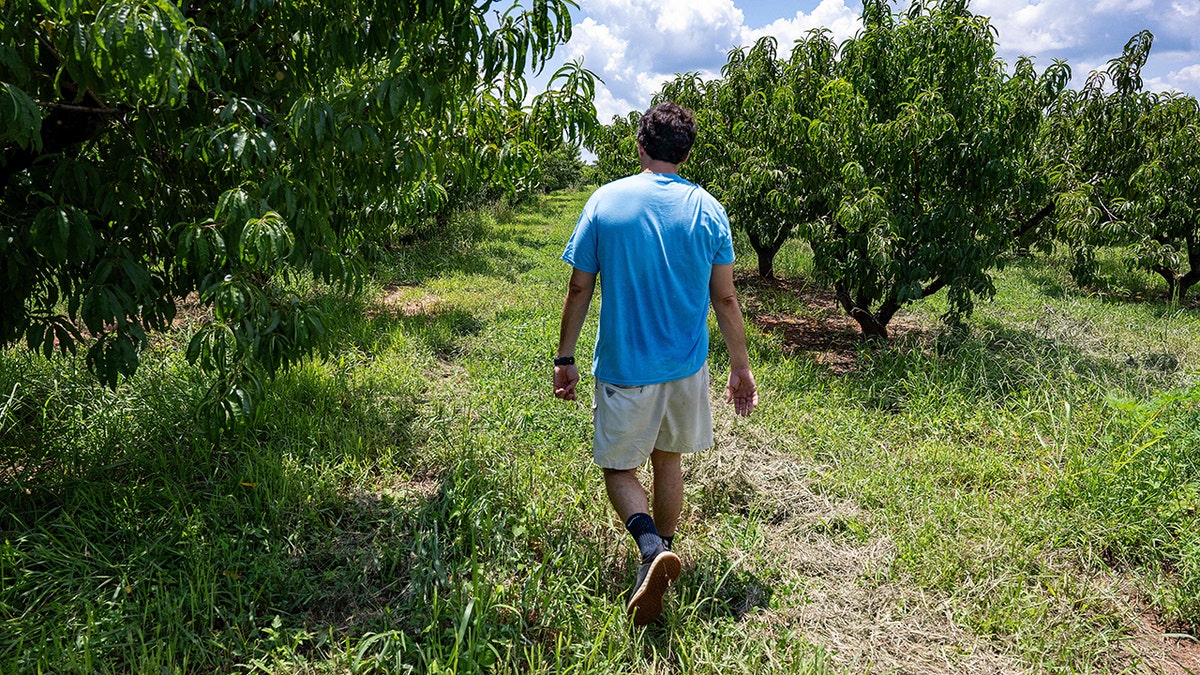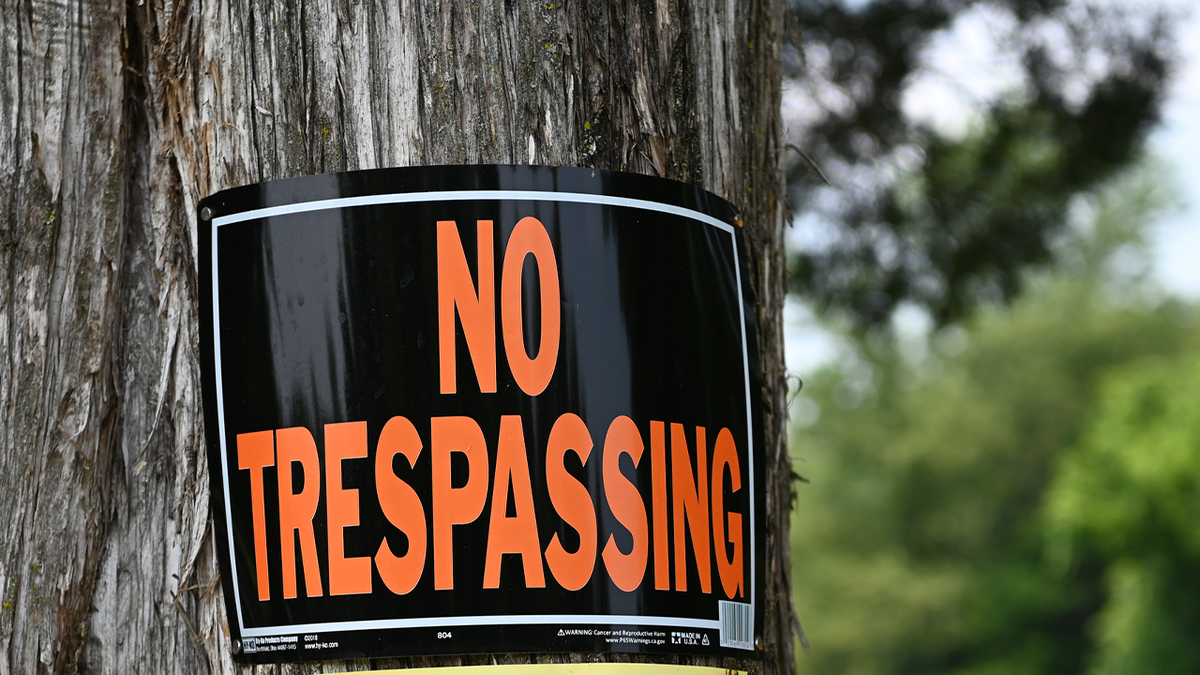Adverse possession allows a person, like a squatter, to gain ownership of land owned by someone else when certain requirements are met.
The requirements for an individual to claim adverse possession vary by state. One of the biggest differences from state to state regarding this law is how long a person has to be in possession of the land before they are able to claim it. Generally, the time frame is 10 to 15 years, according to Investopedia, but in certain states, it is as low as three.
Learn more about adverse possession and how to protect yourself as a landowner below.

Adverse possession grants someone ownership of another’s land when certain requirements are met. (JIM WATSON/AFP via Getty Images)
TEXAS WOMAN SHARES NIGHTMARE TALE OF TRYING TO EVICT SQUATTER WHO DESTROYED HOME, SOLD BELONGINGS
- What is adverse possession?
- What does adverse possession have to do with squatters?
- How to protect myself from adverse possession as a landowner?
1. What is adverse possession?
Adverse possession is a legal principal that allows an individual who possesses land belonging to another for an extended period of time to claim that land as their own.
Each state has different requirements for a person to claim adverse possession, but the following are the general criteria that need to be met, according to Bankrate.
Continuous use
In order for someone to claim adverse possession of your land, the person must have occupied and used the property for the state’s required period of time.

Put fences around your property to clearly mark boundary lines. (Hristo Rusev/NurPhoto via Getty Images)
Hostile use
In the case of adverse possession, hostile use means that the inhibitor must prove that the owner is not renting or leasing, or has granted them permission to be on the land.
TEXAS REAL ESTATE AGENT DETAILS ‘HOUSE OF HORROR’ HOME OVERTAKEN BY SQUATTERS: ‘NOT EVEN HABITABLE’
Exclusive use
Exclusive use refers to the fact that whoever is claiming possession of the land must be the sole occupant of the property.
Open and notorious
The person attempting to claim adverse possession must be open about his or her use of the property. They cannot conceal that they are using the property. It should be obvious to those around them, such as neighbors, that they are using the land.
Actual possession
The individual living on the property claiming adverse possession must act as an owner would, for example, keeping the land well maintained. In certain states, this includes paying property taxes as well.
2. What does adverse possession have to do with squatters?
Adverse possession, in some cases, has become synonymous with what is known as “squatters’ rights.” There are states, like Florida, passing bills to help protect homeowners against squatters, but in many states, homeowners still have little power against squatters and must go through long court processes in order to remove them from their property.

Post “no trespassing” signs around your property to help protect yourself against unwanted visitors. (Michael Blackshire/The Washington Post via Getty Images)
HERE’S HOW HOMEOWNERS CAN FIGHT AGAINST SQUATTER INSANITY
Adverse possession can happen intentionally or unintentionally. A squatter intentionally taking over an abandoned home, for example, could be able to claim adverse possession if they have lived in the property for a certain period of time, according to Bankrate. This can fall under “squatters’ rights” in some states.
A common example of unintentional adverse possession is if a homeowner builds a fence to separate their yard from their neighbors, but unknowingly crosses over into their neighbor’s property. That homeowner who built the fence could be able to claim unintentional adverse possession of that land.
3. How to protect myself from adverse possession as a landowner?
One of the biggest things you can do as a property owner to protect yourself from adverse possession is to be diligent in monitoring your properties and the surrounding land.
CLICK HERE TO GET THE FOX NEWS APP
Mark clear property boundaries using fencing or a wall of plants/trees. Put up “no trespassing” signs if necessary.
If you have a lot of land, do inspections of your land often to make sure you do not spot anything unusual.




